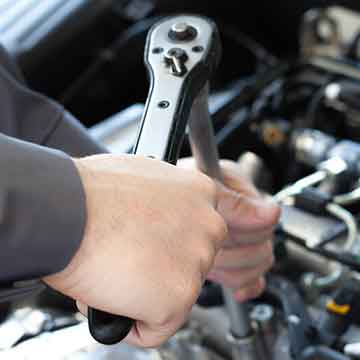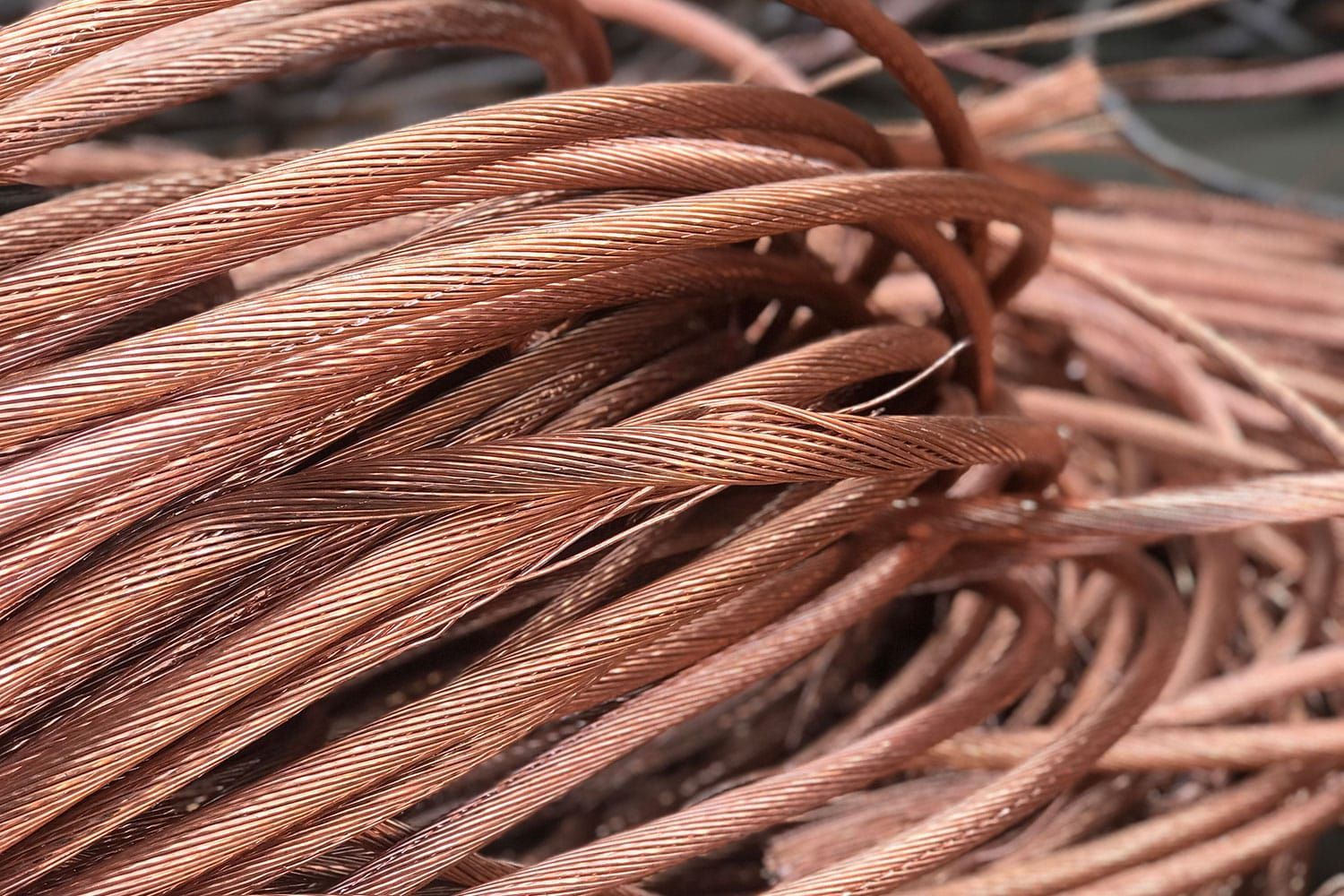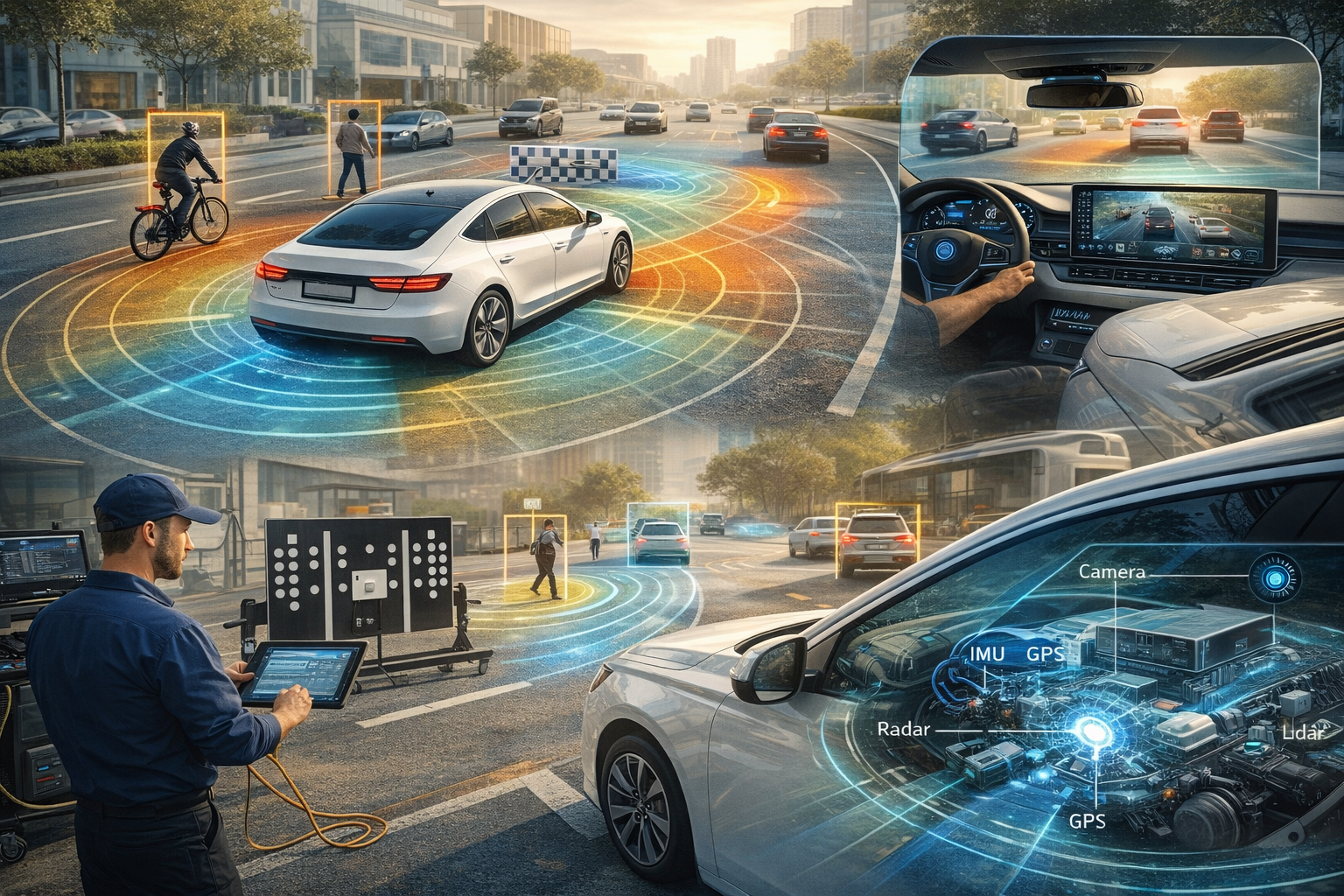In many respects, the demand dynamics of copper parallel those of other commodities. Yet, within the context of EVs, copper's importance is particularly pronounced. Unlike traditional internal combustion engine vehicles, which utilize relatively minimal amounts of copper, EVs require significantly larger quantities of this metal.
Currently, electric vehicles utilize substantially more copper due to the intricate electrical systems powering them. From wiring harnesses to electric motors and inverters, copper is ubiquitous throughout the vehicle's architecture. However, driven by economic imperatives, manufacturers are poised to reevaluate their reliance on copper.
One significant avenue through which copper usage in EVs is likely to evolve is through the adoption of smart vehicle architecture. By integrating advanced electronics and communication systems, manufacturers can streamline vehicle design, potentially reducing the need for extensive copper wiring. This strategic shift not only aligns with cost-saving initiatives but also enhances overall vehicle efficiency and performance.
Moreover, the evolution of battery technology presents another frontier for reducing copper dependency in electric vehicles. Traditionally, copper has been a fundamental component in battery systems, facilitating efficient energy transfer and management. However, as EV manufacturers prioritize lightweighting and range optimization, alternative materials and designs are gaining traction.
Innovations such as silicon-based anodes, solid-state batteries, and advanced thermal management systems offer promising avenues for diminishing copper's role in EV batteries. By leveraging materials with higher energy densities and improved conductivity, manufacturers can simultaneously enhance battery performance while minimizing reliance on copper.
Additionally, the pursuit of sustainable manufacturing practices further incentivizes the reduction of copper usage in electric vehicles. As the environmental footprint of copper extraction and processing comes under scrutiny, manufacturers are exploring alternatives and refining production processes to minimize resource consumption.
While lithium remains synonymous with electric mobility, the story of copper in the EV revolution is equally compelling. As manufacturers navigate the complexities of cost, performance, and sustainability, the role of copper in shaping the future of transportation continues to evolve.
In conclusion, while lithium-ion batteries rightfully command attention as the backbone of electric vehicles, it's essential to recognize the indispensable role played by copper. As the industry marches towards a sustainable future, innovations in materials, design, and manufacturing processes will undoubtedly reshape the landscape of electric mobility, with copper firmly entrenched as a cornerstone of this transformation.









